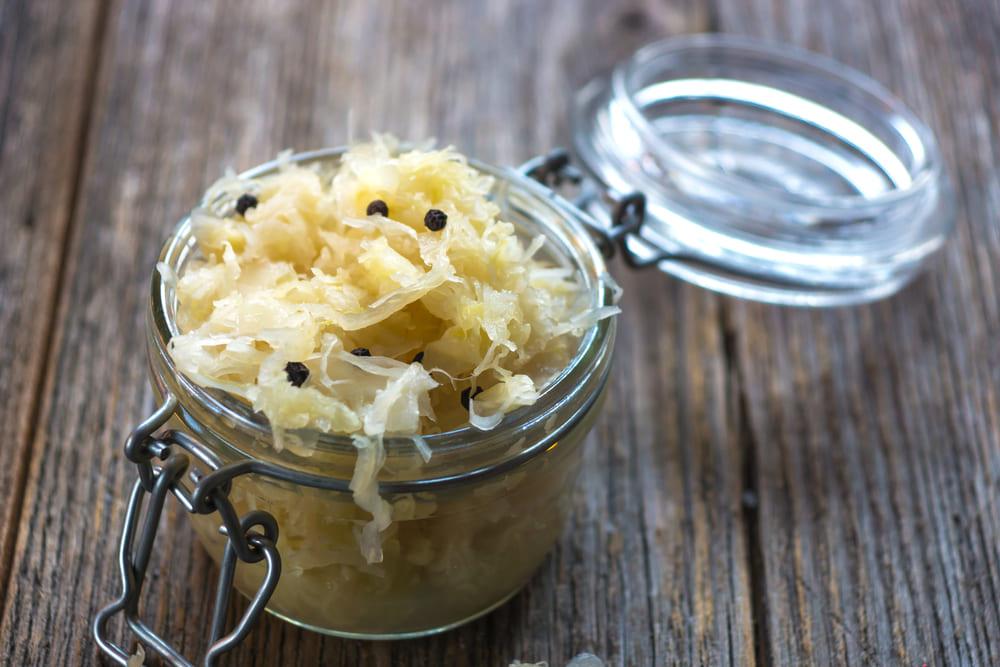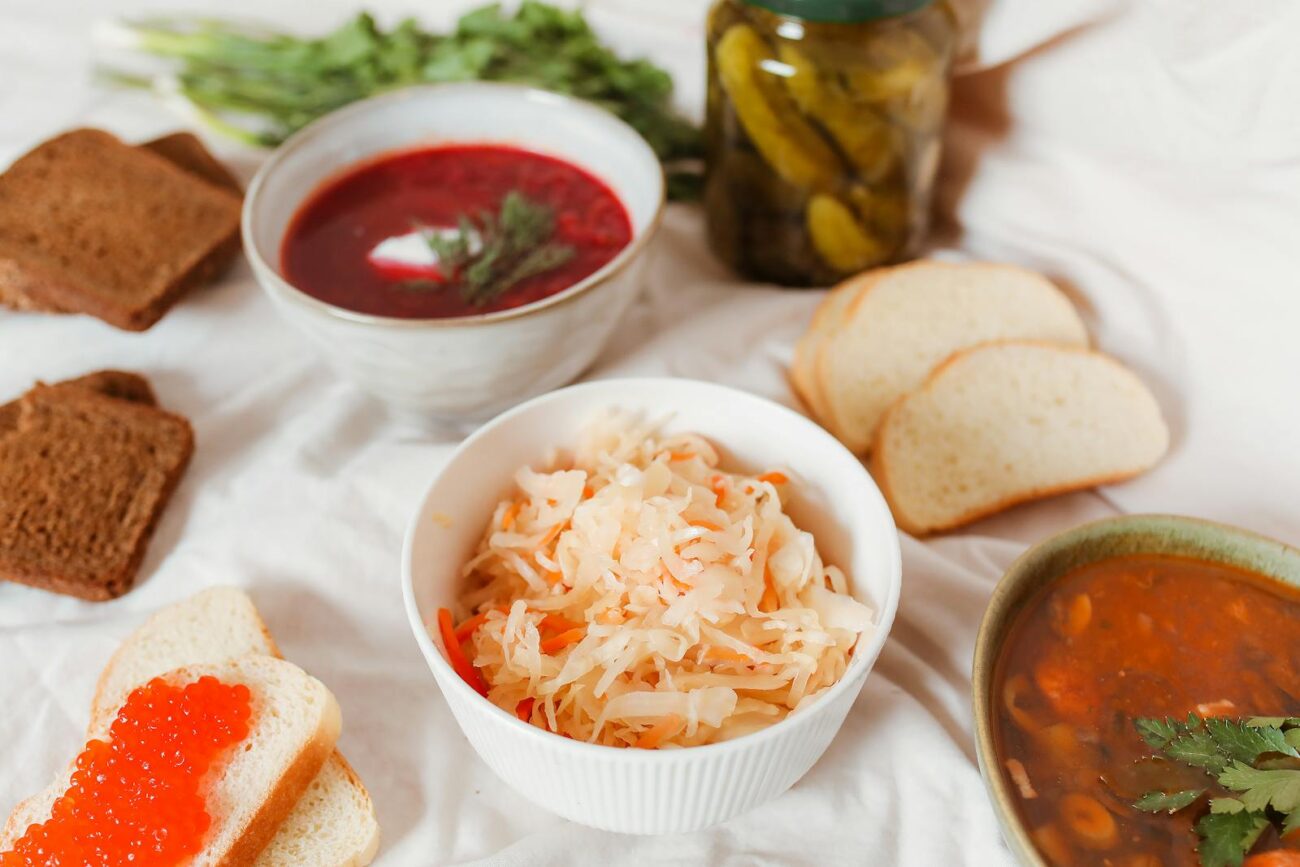Pickled cabbage—whether it’s crunchy German sauerkraut, spicy Korean kimchi, or a homemade vinegar version—is more than just a flavorful side dish. This fermented (or brined) veggie is loaded with nutrients and offers powerful health benefits, especially for your gut, heart, and immune system.
Let’s dive into why pickled cabbage deserves a regular spot on your plate.
🥬 What Is Pickled Cabbage?
Pickled cabbage is cabbage that has been preserved using brine (saltwater), vinegar, or fermentation. The most common types include:
- Sauerkraut – finely shredded cabbage fermented with salt
- Kimchi – spicy Korean pickled cabbage, often mixed with radishes, garlic, and chili
- Vinegar-pickled cabbage – quick pickled using vinegar, salt, and sugar
While each type has its own taste and preparation method, they all offer impressive health benefits.
💪 Health Benefits of Pickled Cabbage
1. Supports Gut Health
Fermented pickled cabbage (like sauerkraut and kimchi) is rich in probiotics—the beneficial bacteria that help:
- Improve digestion
- Balance the gut microbiome
- Reduce bloating and constipation
- Enhance nutrient absorption
A healthy gut is also linked to better mood, immunity, and even brain health.
2. Boosts Immunity
Pickled cabbage is high in vitamin C, vitamin K, and natural probiotics, all of which play key roles in supporting your immune system. A healthy gut microbiome also helps your body defend against viruses and harmful bacteria.
3. Rich in Antioxidants
Cabbage contains powerful antioxidants like polyphenols and sulforaphane, which help fight inflammation, reduce oxidative stress, and may lower the risk of chronic diseases.
Kimchi also includes garlic, ginger, and chili—each packed with its own health-boosting compounds.
4. Heart Health Benefits
The probiotics in fermented cabbage can help:
- Lower blood pressure
- Improve cholesterol levels
- Reduce inflammation in blood vessels
Plus, pickled cabbage is naturally low in fat and high in fiber, both of which support cardiovascular health.
5. Supports Weight Management
Low in calories and high in fiber, pickled cabbage:
- Promotes satiety (feeling full)
- Aids digestion
- Can reduce cravings by improving gut health
This makes it a great addition to a balanced weight-loss or maintenance diet.
🧪 What’s in Pickled Cabbage?
Here’s what a typical serving (1 cup) of fermented pickled cabbage contains:
- Calories: ~25
- Fiber: 2–4g
- Vitamin C: 30–50% of RDI
- Vitamin K: 20–30% of RDI
- Probiotics: Varies depending on fermentation process
- Sodium: Varies (can be high—see tip below)
⚠️ A Note on Sodium
One downside to pickled cabbage is the sodium content, especially in store-bought versions. Too much salt can raise blood pressure, so:
- Choose low-sodium versions when possible
- Rinse briefly before eating to reduce salt
- Balance your intake with plenty of fresh fruits and vegetables
🥗 How to Add Pickled Cabbage to Your Diet
It’s easy to enjoy pickled cabbage in everyday meals:
- Add to sandwiches, burgers, or wraps
- Serve as a tangy side dish or salad topping
- Use as a probiotic boost in grain bowls or stir-fries
- Mix into scrambled eggs or omelets
- Enjoy as a condiment with grilled meats

Pickled cabbage is a simple, delicious way to boost your gut health, support immunity, and add zesty flavor to your meals. Whether you’re a fan of sauerkraut, kimchi, or quick vinegar pickles, adding a spoonful or two to your diet can have big health benefits.
Just watch the salt, and enjoy the crunch—your body (and taste buds) will thank you!
Would you like a quick pickled cabbage recipe or suggestions for homemade fermentation?

